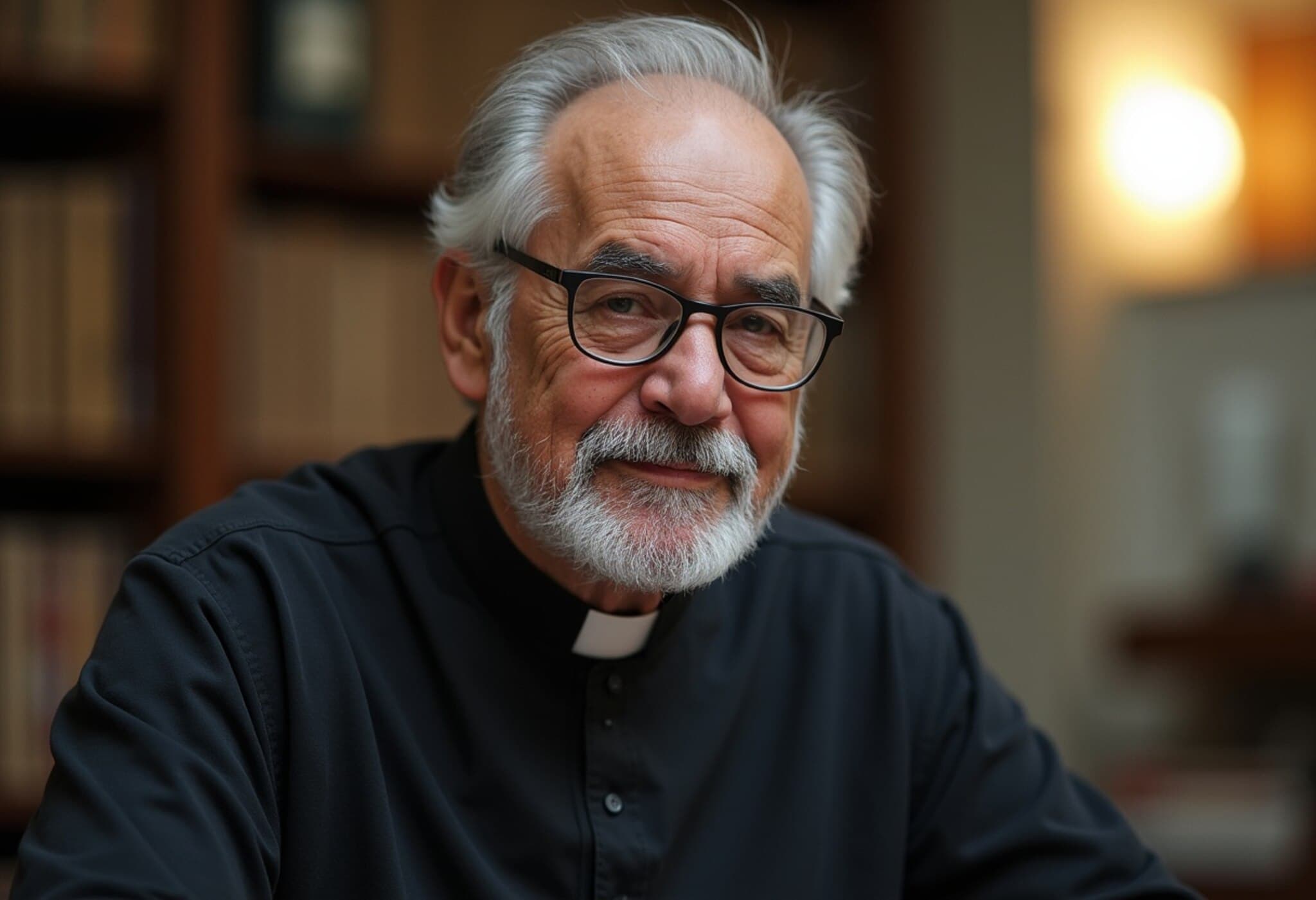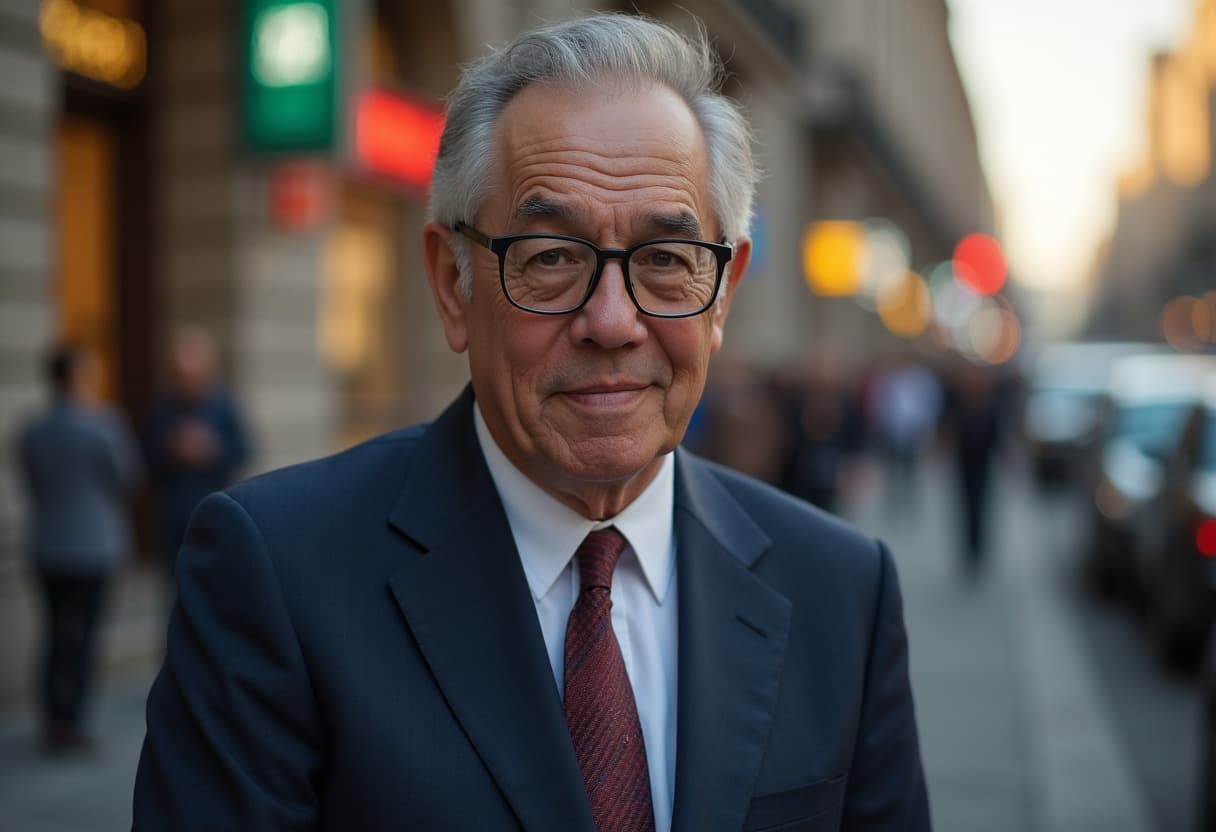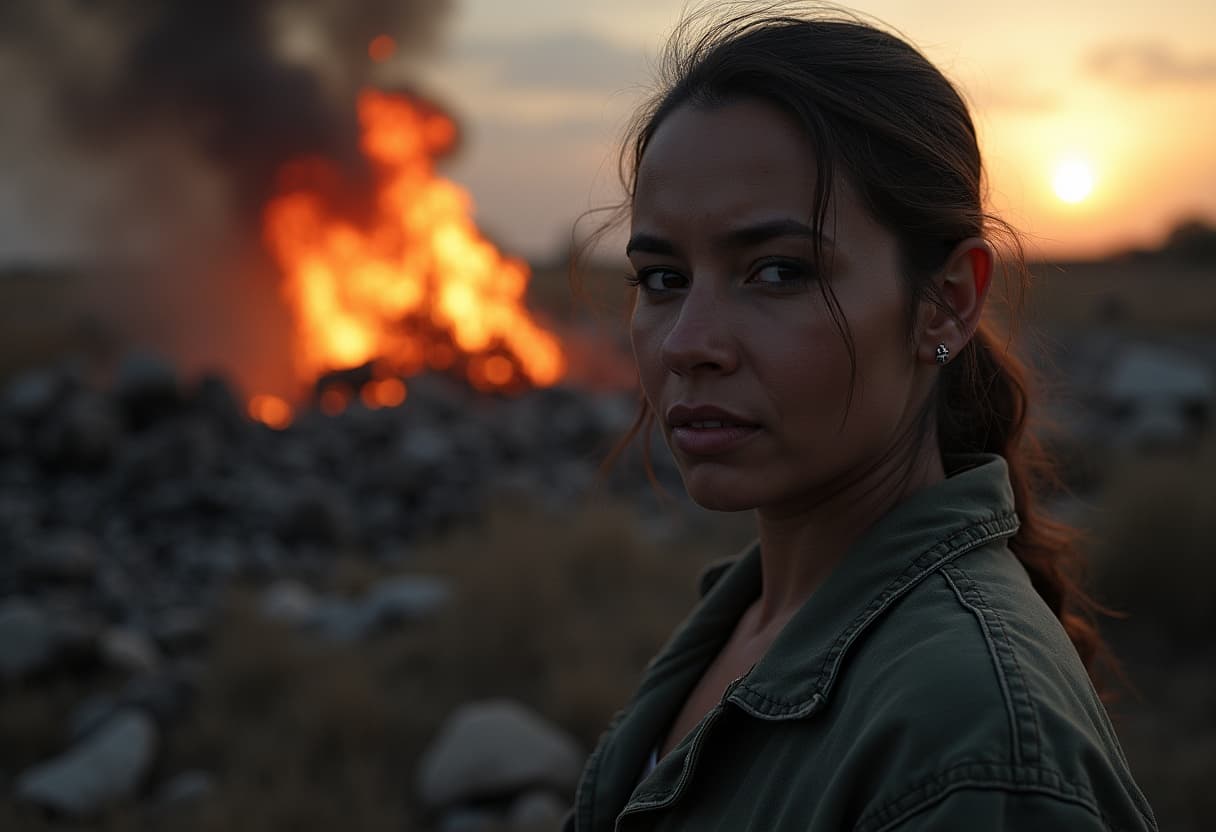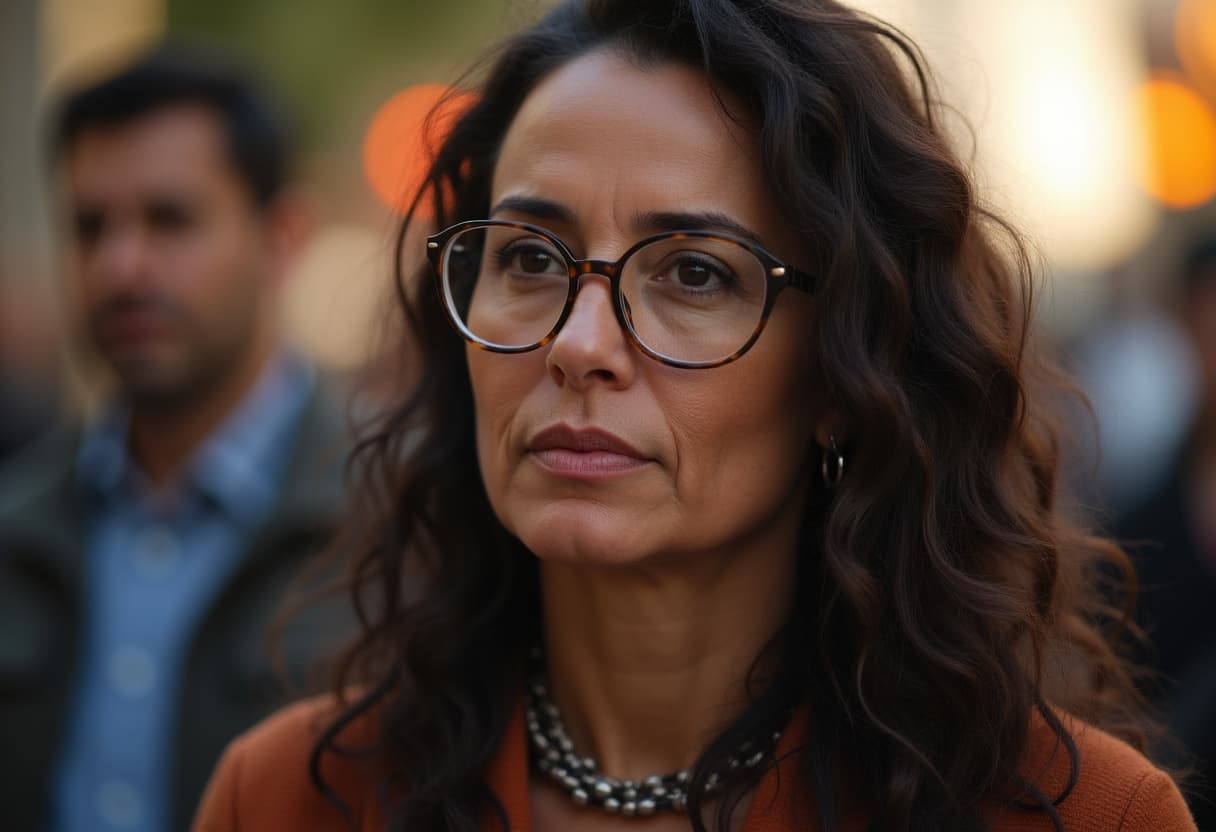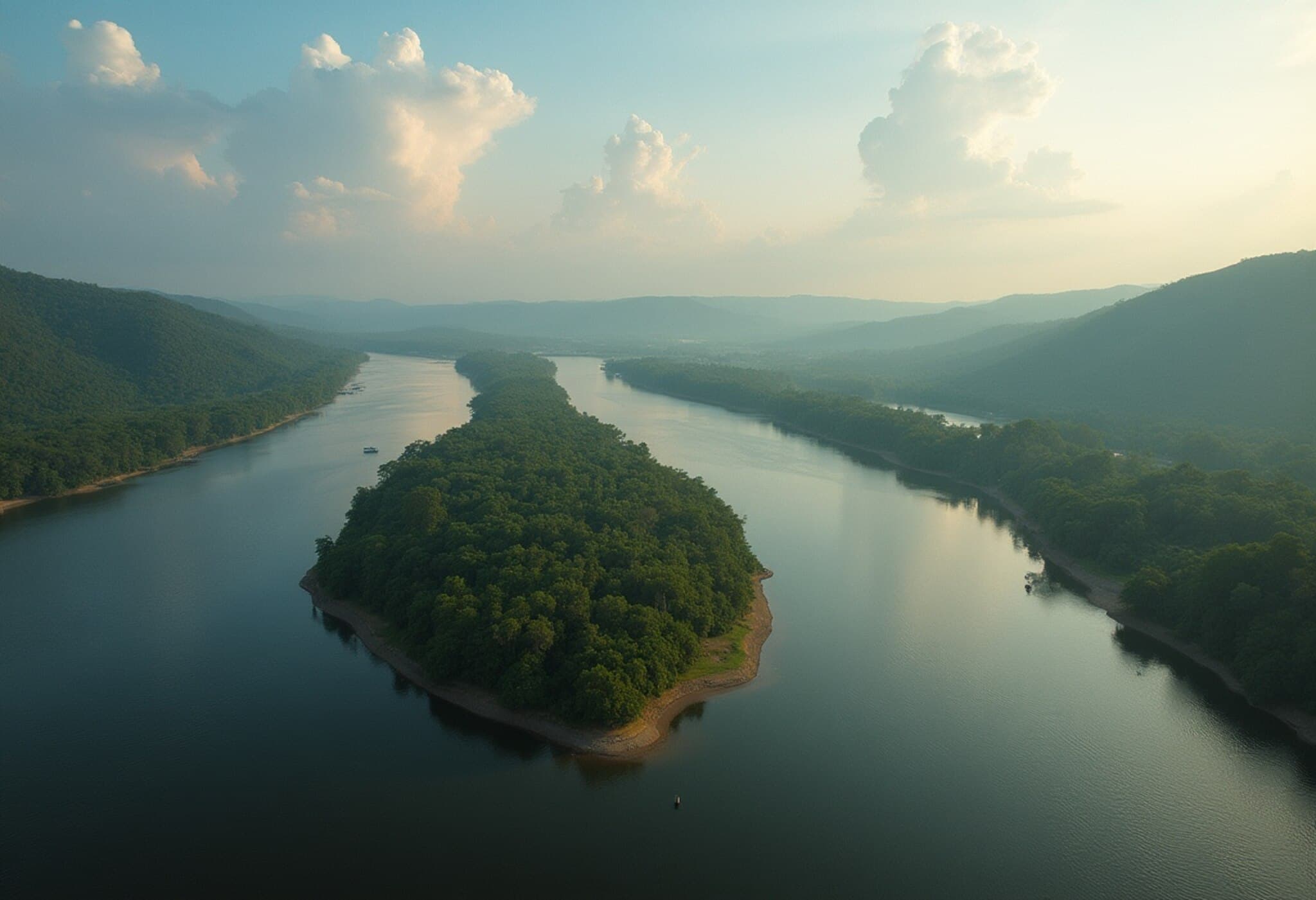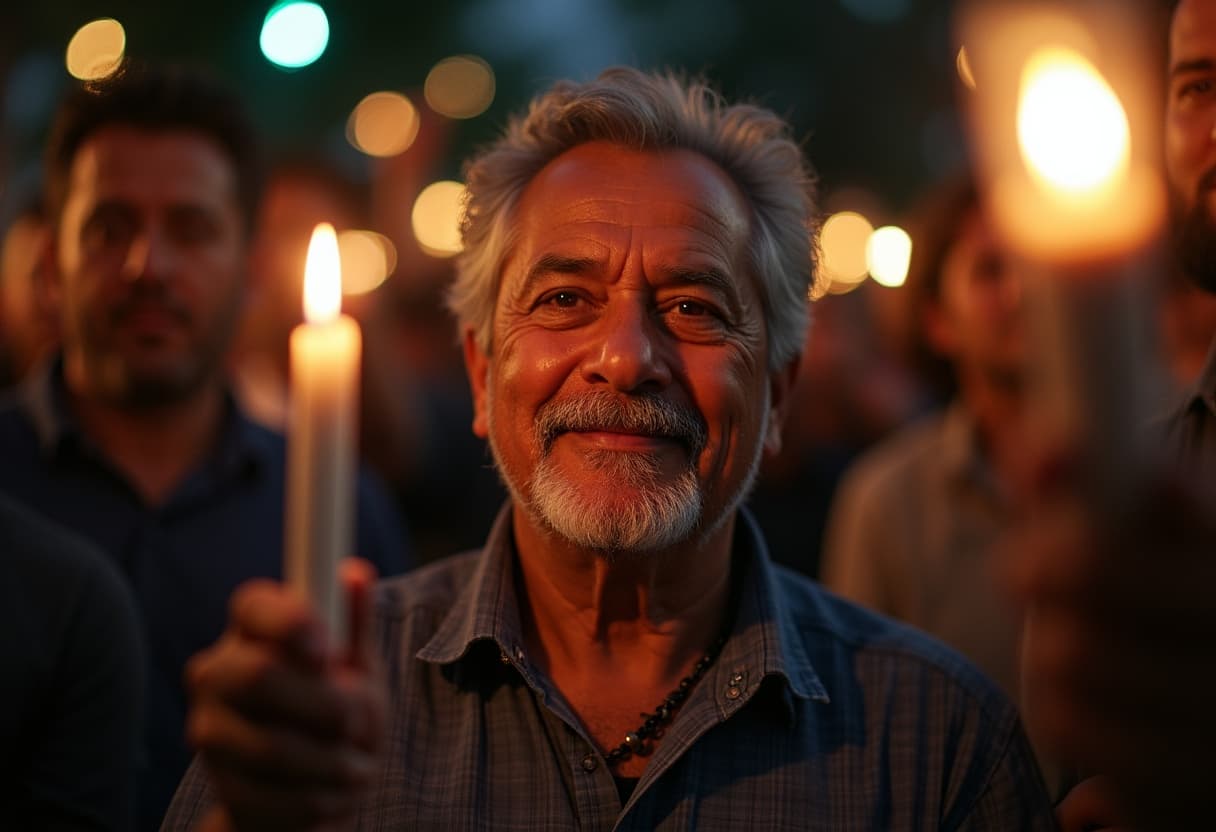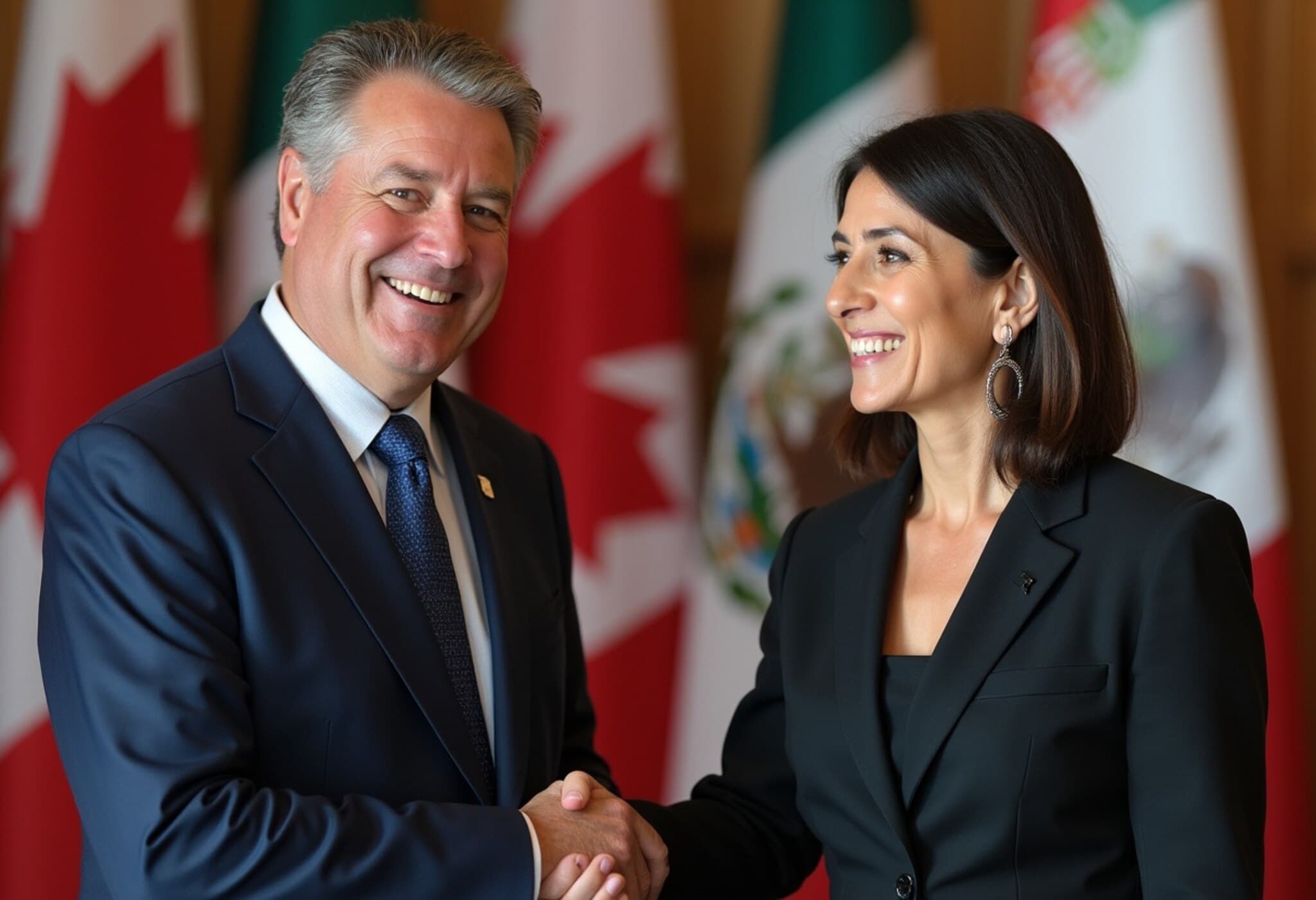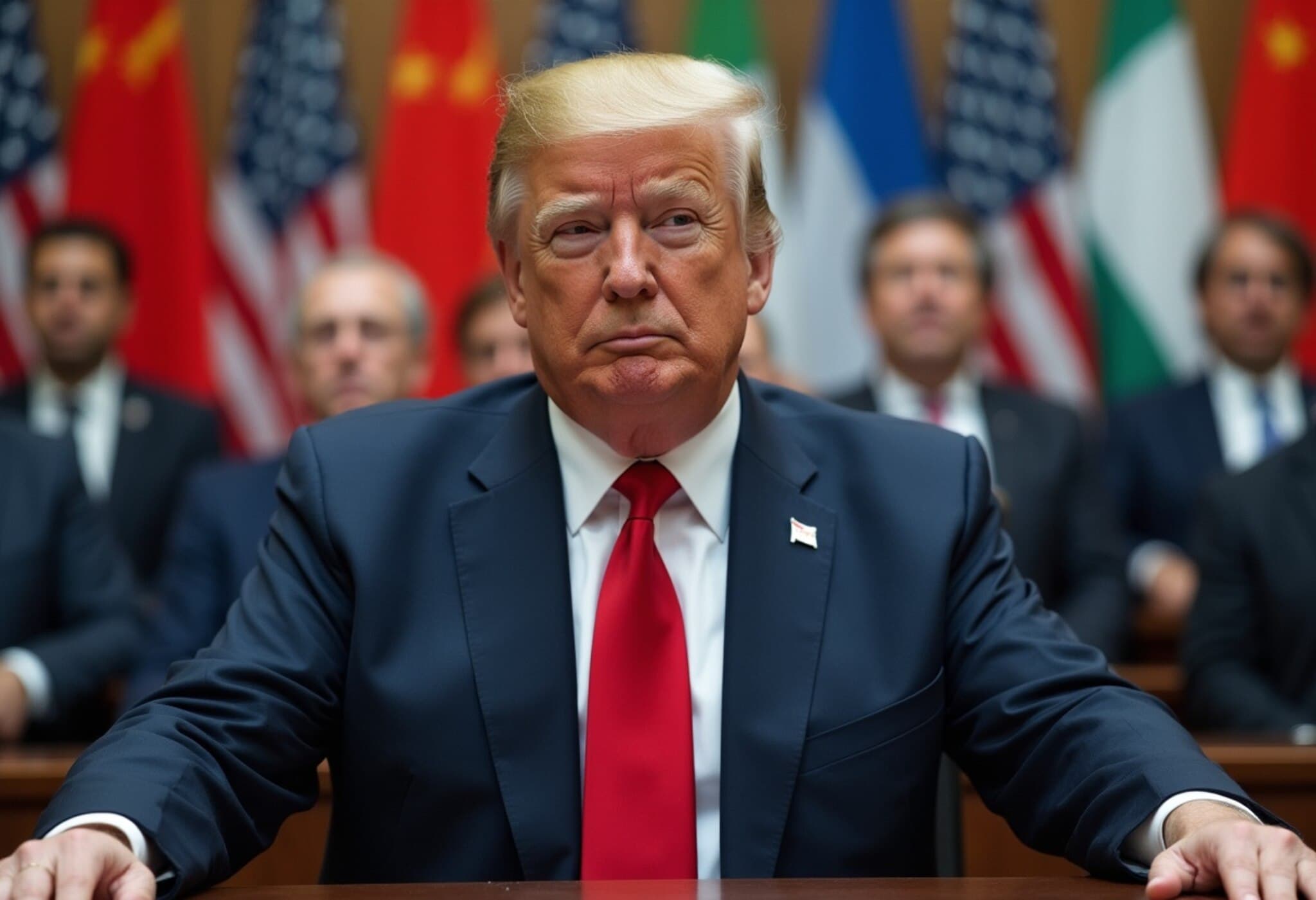José María Tojeira: A Life Dedicated to Justice Amidst Turmoil
José María Tojeira, the 78-year-old Jesuit provincial leader in Central America renowned for his courageous pursuit of justice following a brutal massacre during El Salvador’s civil war, passed away on September 5, 2025. He suffered a fatal heart attack while delivering a lecture at Rafael Landívar University in Guatemala City, a Jesuit institution where he continued his lifelong mission of education and advocacy.
The 1989 Jesuit Massacre: A Tragedy That Shook a Nation
In the early hours of November 16, 1989, Father Tojeira received devastating news that would forever alter his life and legacy. At Central American University in San Salvador, six Jesuit priests were executed with chilling precision—shot in the head at point-blank range. Among the victims were four priests found face down in the university’s garden, joined by two others, along with the gardener’s wife and their daughter, who were killed inside the rector’s residence.
This atrocity was later revealed to have been premeditated by high-ranking officials within the Salvadoran military—an uncovering that sent shockwaves throughout the international community and exposed the grim realities of state-sponsored violence amid the country’s brutal civil war.
José María Tojeira’s Role as a Tireless Seeker of Justice
In the massacre’s immediate aftermath, Father Tojeira emerged not only as a grief-stricken spiritual leader but as an unyielding crusader for accountability. The slain rector, Father Ignacio Ellacuría, had been a pivotal figure in peace negotiations with the Farabundo Martí National Liberation Front (FMLN), which was engaged in an intense offensive at the time—a fact that underscored the political motives behind the killings.
Tojeira dedicated his subsequent decades to meticulously pursuing legal and moral redress for the victims, standing resilient against political pressures and threats. His leadership helped bring global attention to human rights abuses in El Salvador and challenged U.S. foreign policy, which had long supported the Salvadoran government through military aid, hoping to quell the rebellion but often turning a blind eye to such violations.
Broader Implications: A Turning Point in U.S.–El Salvador Relations
The massacre irrevocably altered how the United States viewed its involvement in El Salvador. For years, American taxpayers had funded millions of dollars in military aid aimed at stamping out the FMLN insurgency, but the sheer brutality of the killings raised harsh questions about the Salvadoran military's true conduct and intentions.
Tojeira’s relentless pursuit of justice highlighted the often-overlooked human toll beneath geopolitical strategies and brought demands for ethical responsibility to the fore.
The Legacy of Courage and Advocacy
- Champion for human rights: Tojeira’s unwavering stance inspired many in Central America and beyond to stand against impunity.
- Educator and spiritual guide: His work at Jesuit universities bridged faith and social justice, nurturing generations of activists and leaders.
- Symbol of resilience: Through decades marked by violence and political turmoil, Tojeira remained a steadfast voice for peace and reconciliation.
His passing invites reflection on the enduring challenges facing nations recovering from conflict and on the vital role of moral leadership amid political strife.
Editor's Note
José María Tojeira’s story is a poignant reminder of how individuals can impact the course of history through courage and conviction. As Central America continues to grapple with legacies of violence and inequality, his life challenges us to consider the profound intersection of faith, justice, and politics. How can international policies better balance strategic interests with human rights? What lessons might today’s global leaders learn from Tojeira’s enduring commitment to truth and reconciliation?
Exploring these questions not only honors his memory but also illuminates pathways toward more just and peaceful societies.

